Successful Open Day Human Brain Project
Hundreds of students, scientists and citizens flocked to the Human Brain Project Open Day at the MECC Maastricht conference centre on 15 October.
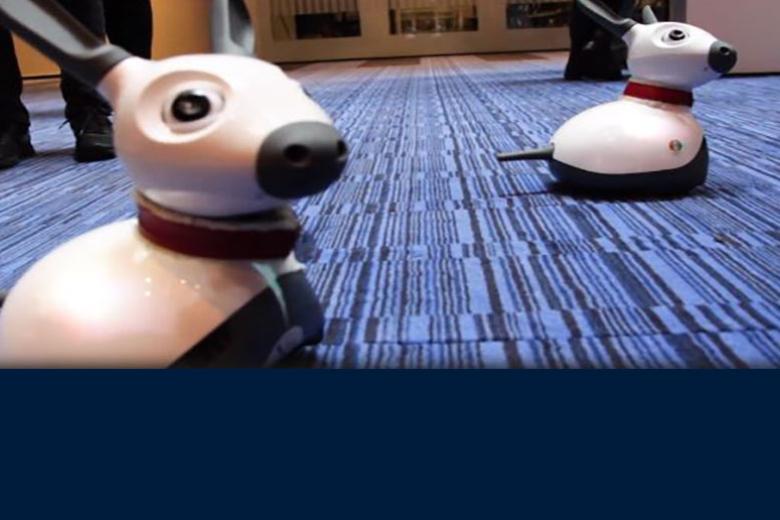
Hundreds of students, scientists and citizens flocked to the Human Brain Project Open Day at the MECC Maastricht conference centre on 15 October.

UM researchers find that sensation seeking is a decisive factor in participating in painful experiments.
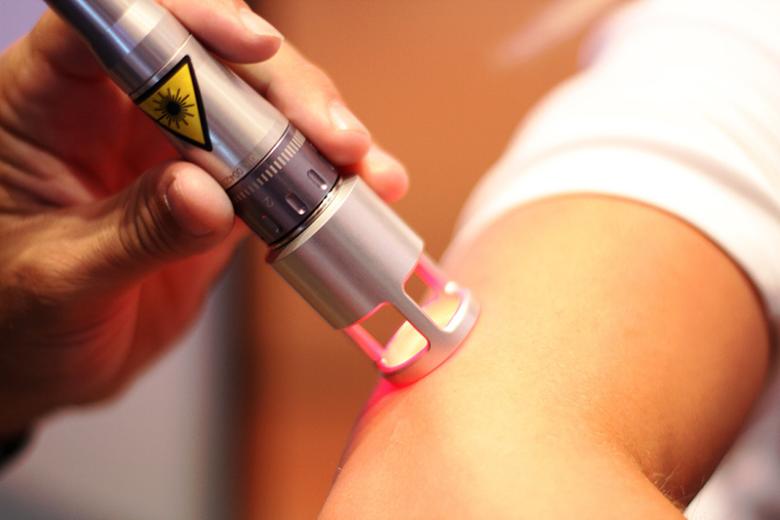
Scientists from Maastricht University (UM) and the University Medical Centre Groningen (UMCG) have managed to influence speech comprehension by sending electrical currents through the skull to stimulate the brain area involved in hearing.
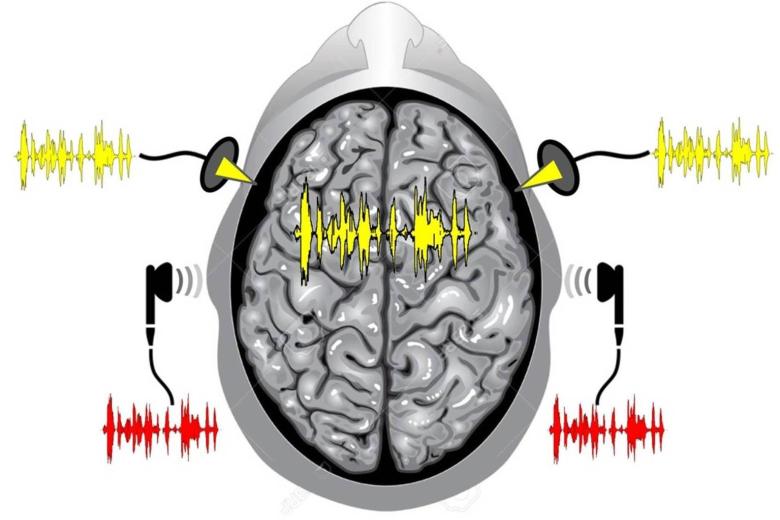
Franca Tonnaer investigated why people without a history of violence are capable of controlling their anger and why violent offenders are not.
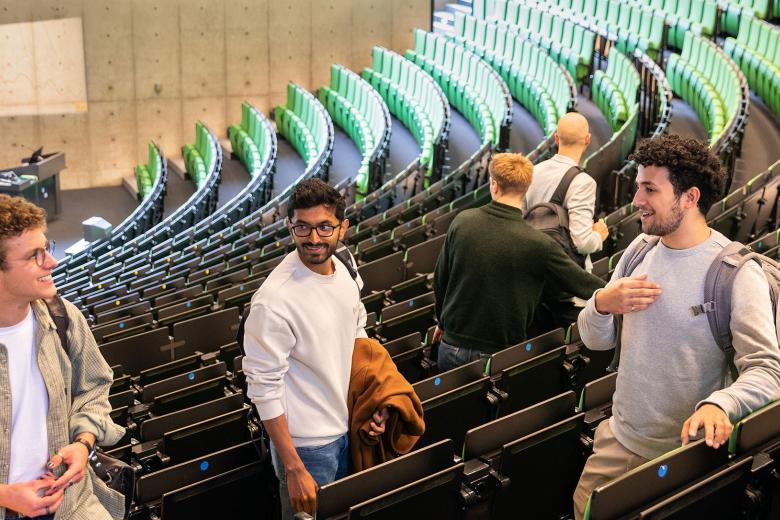
A brain scan that allows you to see what sound a person has heard. Researchers from Maastricht University have recently achieved a world first by reconstructing heard sound based on a person’s brain activity.
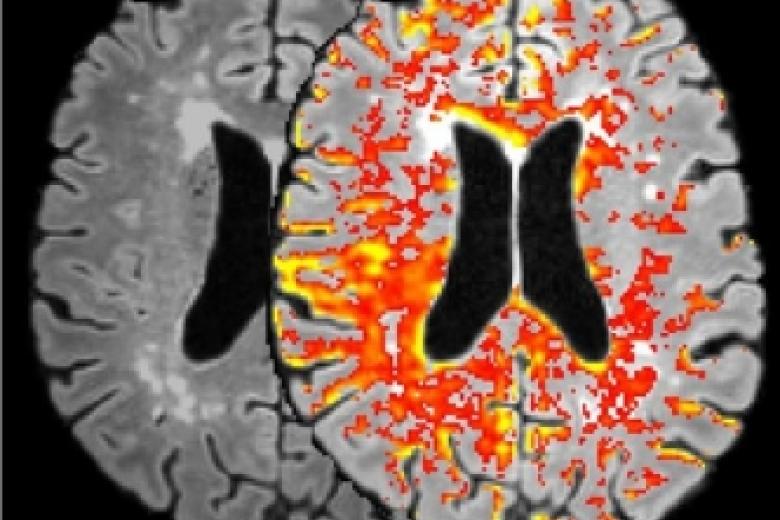
Recent results of a study conducted by researchers at Maastricht University provided no scientific evidence to support the general assumption that sugar is addictive and leads to weight gain.

The purpose of the agreement is to lay out the principles for collaboration in the fields of research and education within the Faculty of Psychology and Neuroscience (FPN) at Maastricht University (UM).

The Netherlands Organisation for Scientific Research (NWO) announced today that 32 researchers have each received a €1.5 million Vici grant.

Some parts of our brain that process sound have a subsequent area for each pitch, with successive pitches processed one after the other like the keys on a piano.

The Department of Psychopharmacology at Maastricht University once again received a major commission from a drug manufacturer, this time the Japanese company Eisai, to test the effects of a sleeping drug on driving ability.
